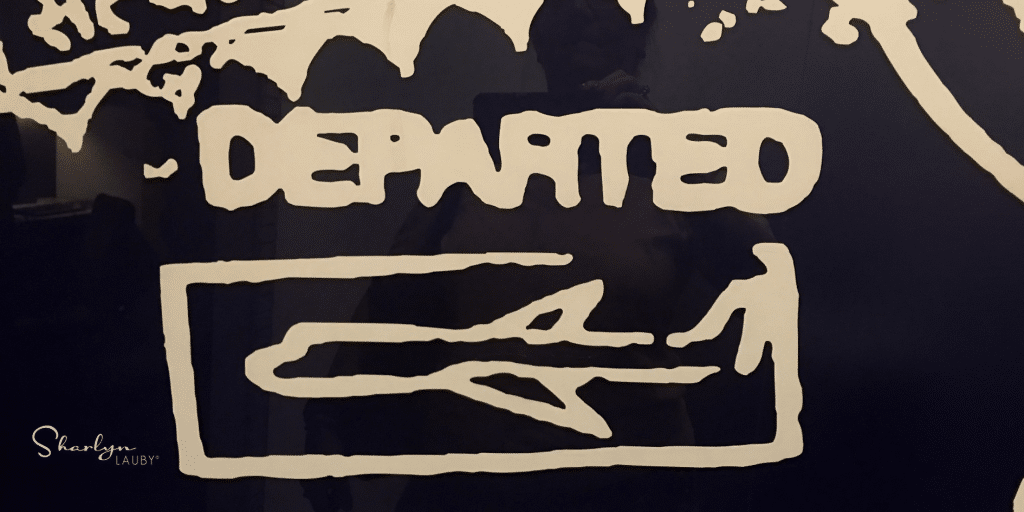Organizations Need to Expect Turnover
Organizations are focused on retention. And that’s a good thing. Obviously, turnover is expensive – both in terms of cost and knowledge loss.
However, it’s unrealistic to think that turnover won’t exist. So, organizations need to think about what amount of turnover is going to be acceptable. Employees are going to stay for a few years and then move on. Employees are going to retire. All of that is okay. All turnover isn’t bad turnover. But there are a few things that are important to remember about turnover:
Former employees are a reflection of your organization. People take their employee experience with them for the rest of their professional lives. Organizations have to decide if they are going to let a person take a good or not-so-good experience with them.
People are asked about their careers all the time. When they get asked, the response can be focused on the challenging work, the learning environment, and the collegiate teams OR it can be a curt “it was fine”. We both know what the latter means. The way a person views their employee experience has an impact on other things.
Former employees might want to come back – either in a full-time or freelancer capacity. Individuals might find that the grass isn’t always greener at another organization. They might also spend a few years acquiring skills that they couldn’t get inside the organization and be in a great position to boomerang back.
Organizations can also find themselves in the position of needing a niche skill that a former employee was tremendously good at. The former employee might be willing to do some work for the company on the side. Employees aren’t going to be receptive to returning – even in a freelancer role – if they had a poor employee experience.
Former employees can refer candidates and customers. If an individual has a poor employee experience, I believe they will hesitate to tell their friends to apply for work with the company. It’s similar to customer referrals. I don’t tell my friends to eat at restaurants where I’ve had a bad meal. Why would I tell one of my friends to apply someplace where I’ve been treated poorly?!
Surveys show that a poor customer experience has an impact on the business. It seems logical that a poor employee experience will do the same thing.
I don’t know that any of these concepts are new. Former employees have always had the ability to talk about their past employers and refer others. But I do believe the emphasis on the value of the relationship is changing. In the past, maybe organizations didn’t focus on it as much. But now, with unemployment being low and the challenges finding qualified candidates, it’s time to realize the relationship cannot be ignored. In fact, it’s quite the contrary.
Organizations need to realize that the employee/employer relationship lasts well beyond the time that the employee works for the company. They need to think about it and strategize about it in ways similar to the candidate experience. The employee experience is important and has an impact on the bottom-line. Not only when the employee is working for the company, but for years after.
Image captured by Sharlyn Lauby after speaking at the Learning and Development League 2016 Annual Conference in Delhi, India
1